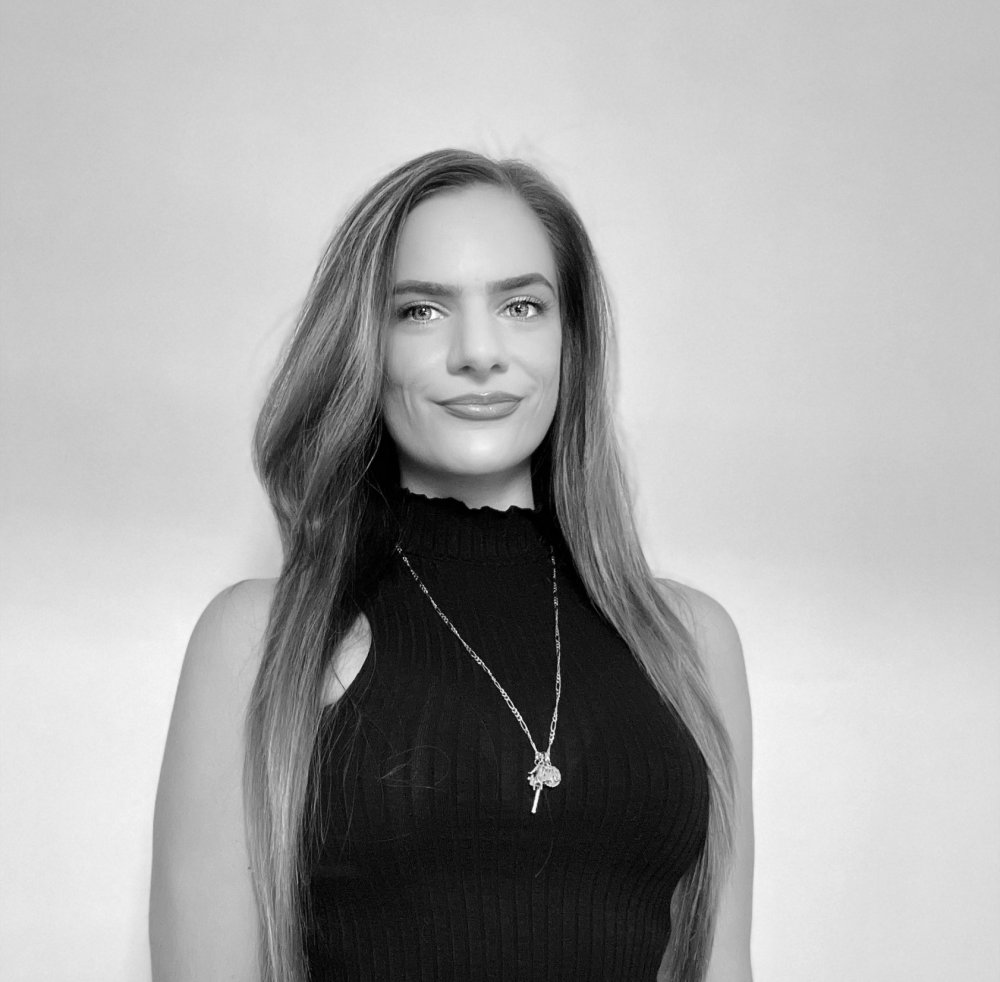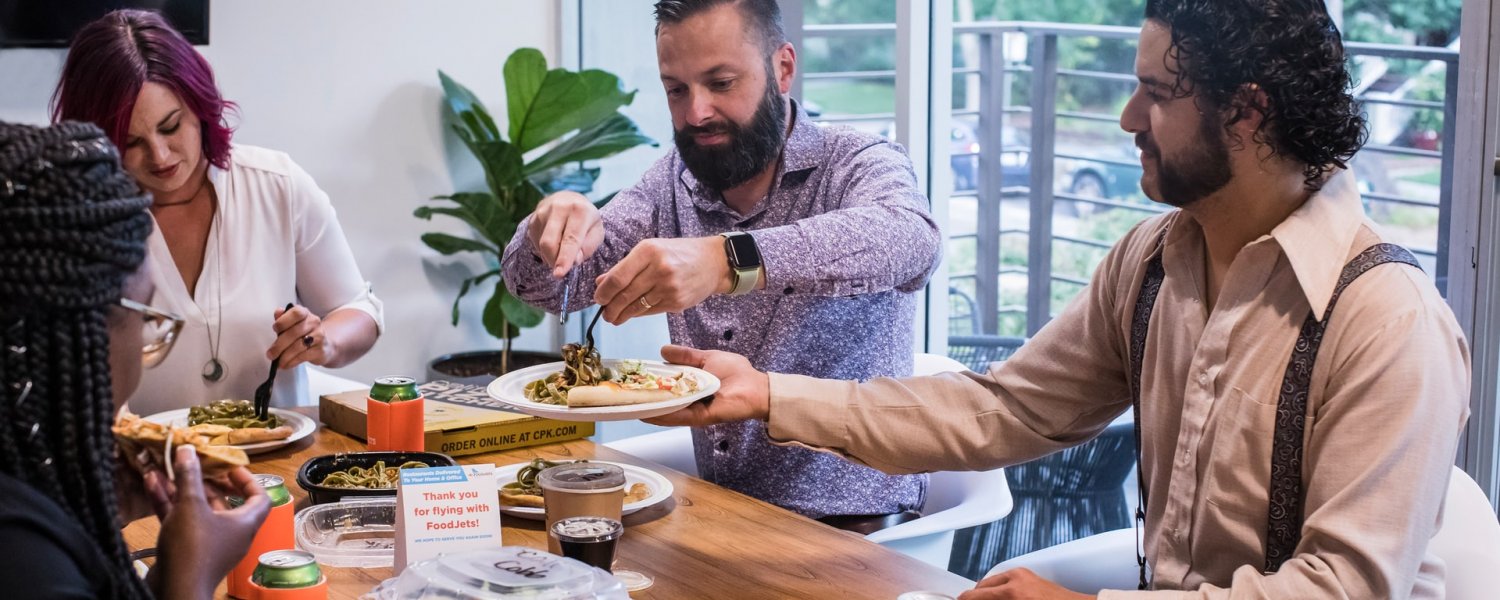All of us have felt torn between work and our home life at some point – but in 2022, we’re now living in a world where the boundaries are more blurred than ever before.
From the work-from-home policies that molded us into being reachable at all times to our bosses over Zoom (and our children in the next room), to being brought back into the office, we’ve developed some not-so-helpful habits along the way.
Does “I’ll just sign on to do some work on the weekend because everyone else is logged on” sound familiar? How about surprise Teams calls and messages while trying to focus on your next sales report?
There is no one-size-fits-all approach to achieving work-life balance; but according to Australian psychologist and researcher, Dr Adam Fraser, there’s a simple yet effective way to improve how you ‘show up’ in all areas of your life: ‘third spaces’.
In a nutshell, a ‘third space’ is the gap in time between different tasks that demand your attention.
Through his research on top-performing athletes who have to transition rapidly from one situation to another, Dr. Fraser suggests that our ability to switch gears and perform well in different tasks is influenced by how we leverage the transitional gaps in between.
Whether you’re gunning for a promotion or simply want to improve your mental health at work, here are some tips on how to find and use third spaces to boost your performance, de-stress, and recharge from the demands of your day.
1. Be aware of the hats you are wearing
Are you wearing your work ‘hat’ and then stepping straight into the ‘mum’, ‘dad’ ‘partner’ hat? If so, you probably know how exhausting this feels.
After hours of meetings and maintaining your professional persona, it can be exasperating trying to get your little one to focus on their homework or bath before bed.
The first step to creating third spaces is to simply ask yourself: What role am I playing now, and what role will I need to move into next?
Being mindful of how you need to show up in different situations means you can begin your next task with the right mindset and strategies to get things done – trying to reason with kids the same way you would with an adult colleague is just fighting a losing battle!
2. Choose a transition point to create a third space.
Look for gaps in your schedule where you can consistently take some time to be alone. It can be the drive home from work, or that 30-minute block of free time before your weekly team meeting.
Personally, I create this space by going for a walk after my commute home.
3. Reflect, rest, and reset.
Now that you’ve taken stock of all the different roles you need to play, and the times of your day where you can be alone to prepare yourself for each, it’s time to implement the following exercise while in your third space:
Reflect. Acknowledge what you’ve just achieved and take time to celebrate the small wins. Instead of getting hung up on mistakes or other inconveniences, try to look for the positives and things you’re grateful for.
Rest. Hit pause and ground yourself by bringing your thoughts back to the present moment. You can achieve this quickly with a 5-minute meditation or breathing exercise, making yourself a cuppa, reading a few pages of a book, or whatever else works for you.
Reset. Establish your intention for your next task – how do you want to show up in your next space? What do you want to achieve.
Remember, practice is key to getting the most out of your time in third spaces – don’t beat yourself up if you find your thoughts start to wander.
Turning this practice into a daily ritual can take a while, and feel free to experiment with different locations or activities to help you rest and reset.
Looking for EAP providers in Perth? Talk to our team at Clear Health Psychology
Clear Health Psychology is a trusted provider of EAP psychology services in Perth. Our team of psychologists and clinical psychologists bring together a wide range of knowledge across various branches of mental health and counselling services, and will work closely with your employees to ensure they feel understood and supported.
To find out how we can help deliver your Employee Assistance Program, get in touch with us here or call 08 6424 8177.
References
Fraser, Adam. (2012). The third space. North Sydney, N.S.W : William Heinemann
Rebecca Gianguilio
Rebecca is a generally registered psychologist with AHPRA, with experience working with clients 10 years and over and professional interest across parenting support, trauma counselling and grief and loss. Rebecca is focused on creating a safe space for clients, where they can achieve their goals. Find out more about Rebecca here or book an appointment with her at Subiaco through HealthEngine.

